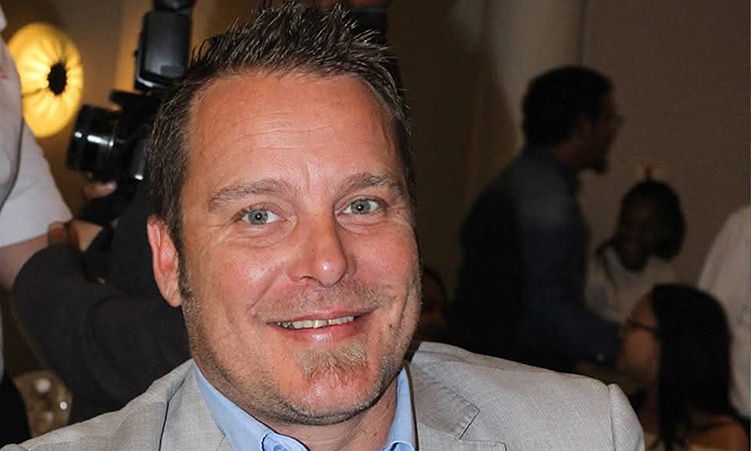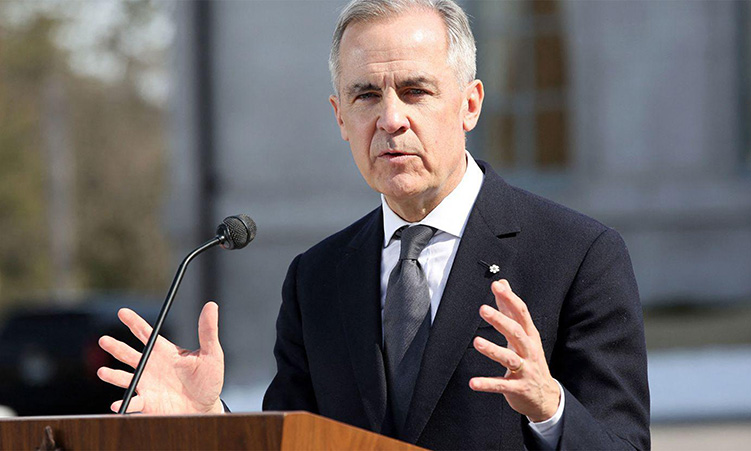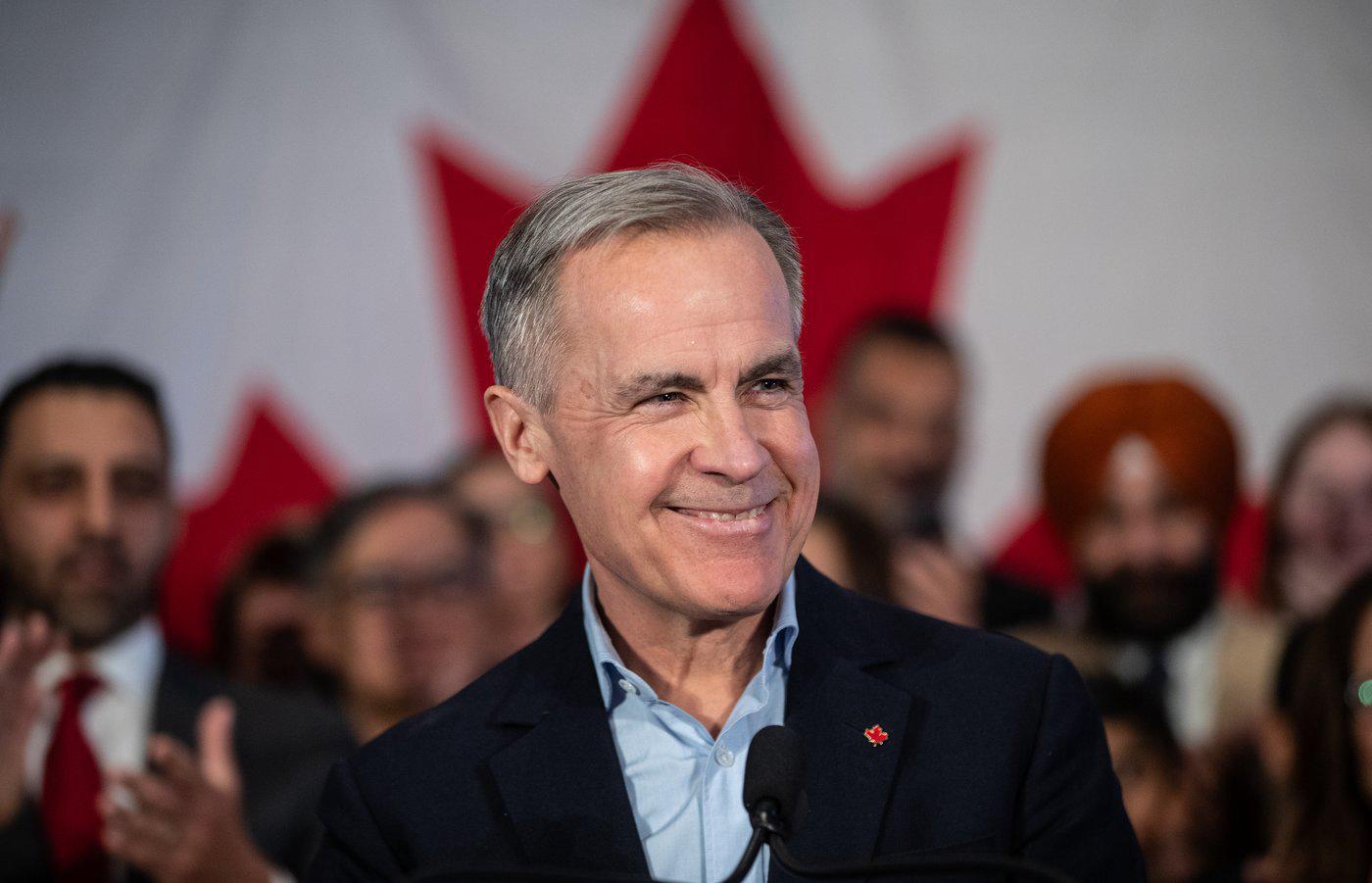WASHINGTON – The time for deliberations in the World Trade Organisation’s Doha round, now in their seventh fractious year, has come and gone, President George W Bush said on Wednesday.
“The time for debating Doha is over. Now is the time for leaders to make tough choices that will allow these negotiations to advance,” Bush said in a speech at the US Hispanic Chamber of Commerce.Negotiators from the WTO’s 151 member states have been hoping to secure enough consensus to bring trade ministers together in April for the final horse-trading that would enable a new world trade agreement by the end of 2008.That would coincide with Bush’s last year in office and, if a deal was approved by Congress, would hand him a victory that might help brighten the gloom of the Iraq war and a slowing economy.Bush’s top negotiator, Susan Schwab, said in a briefing with reporters later in the day that a breakthrough in 2008 was crucial if the world was going to avoid spinning an agreement off until 2010 or 2011 – if one can be had at all.Yet Schwab acknowledged that the multilateral talks in Geneva this month, on agriculture and industrial trade along with a myriad of equally contentious topics, were moving along more slowly than she had hoped.But she shied away from setting a hard deadline for when a ministerial meeting would need to occur, saying only that “we really have to pull this together in the next couple weeks.”There is still a long way to go in terms of securing consensus on a host of technical issues – arcane but important to the countries involved – before politicians can make the higher-level decisions on the round’s headline issues.”You need ministers to put the roof on, and there’s still some scaffolding to be built,” Schwab said.The eleventh-hour disagreements in Geneva come as the Bush administration struggles against the clock to assert its trade agenda, which appears more and more likely to remain unfinished when Bush leaves office in early 2009.Both Bush and Schwab pressed Congress, where anti-trade sentiment appears to be on the march, on Wednesday to move quickly toward a vote on a bilateral trade deal with Colombia, a major Latin American ally.But there are few signs Democratic leaders are willing to swallow their concerns about union-related violence in Colombia to embrace the agreement any time soon.In the Doha talks, the Bush administration has signalled willingness to cut farm subsidies substantially, but not enough so far to appease critics in the developing world who argue they distort world markets.Bush said a comprehensive, reciprocal deal was needed.”We’re not going to shirk our duty to lead.But we’re not going to make unilateral concessions either,” he said.Schwab has singled out major developing countries like Brazil, South Africa and India as some of those that need to provide greater concessions.Nampa-ReutersNow is the time for leaders to make tough choices that will allow these negotiations to advance,” Bush said in a speech at the US Hispanic Chamber of Commerce.Negotiators from the WTO’s 151 member states have been hoping to secure enough consensus to bring trade ministers together in April for the final horse-trading that would enable a new world trade agreement by the end of 2008.That would coincide with Bush’s last year in office and, if a deal was approved by Congress, would hand him a victory that might help brighten the gloom of the Iraq war and a slowing economy.Bush’s top negotiator, Susan Schwab, said in a briefing with reporters later in the day that a breakthrough in 2008 was crucial if the world was going to avoid spinning an agreement off until 2010 or 2011 – if one can be had at all.Yet Schwab acknowledged that the multilateral talks in Geneva this month, on agriculture and industrial trade along with a myriad of equally contentious topics, were moving along more slowly than she had hoped.But she shied away from setting a hard deadline for when a ministerial meeting would need to occur, saying only that “we really have to pull this together in the next couple weeks.”There is still a long way to go in terms of securing consensus on a host of technical issues – arcane but important to the countries involved – before politicians can make the higher-level decisions on the round’s headline issues.”You need ministers to put the roof on, and there’s still some scaffolding to be built,” Schwab said.The eleventh-hour disagreements in Geneva come as the Bush administration struggles against the clock to assert its trade agenda, which appears more and more likely to remain unfinished when Bush leaves office in early 2009.Both Bush and Schwab pressed Congress, where anti-trade sentiment appears to be on the march, on Wednesday to move quickly toward a vote on a bilateral trade deal with Colombia, a major Latin American ally.But there are few signs Democratic leaders are willing to swallow their concerns about union-related violence in Colombia to embrace the agreement any time soon.In the Doha talks, the Bush administration has signalled willingness to cut farm subsidies substantially, but not enough so far to appease critics in the developing world who argue they distort world markets.Bush said a comprehensive, reciprocal deal was needed.”We’re not going to shirk our duty to lead.But we’re not going to make unilateral concessions either,” he said.Schwab has singled out major developing countries like Brazil, South Africa and India as some of those that need to provide greater concessions.Nampa-Reuters
Stay informed with The Namibian – your source for credible journalism. Get in-depth reporting and opinions for
only N$85 a month. Invest in journalism, invest in democracy –
Subscribe Now!










